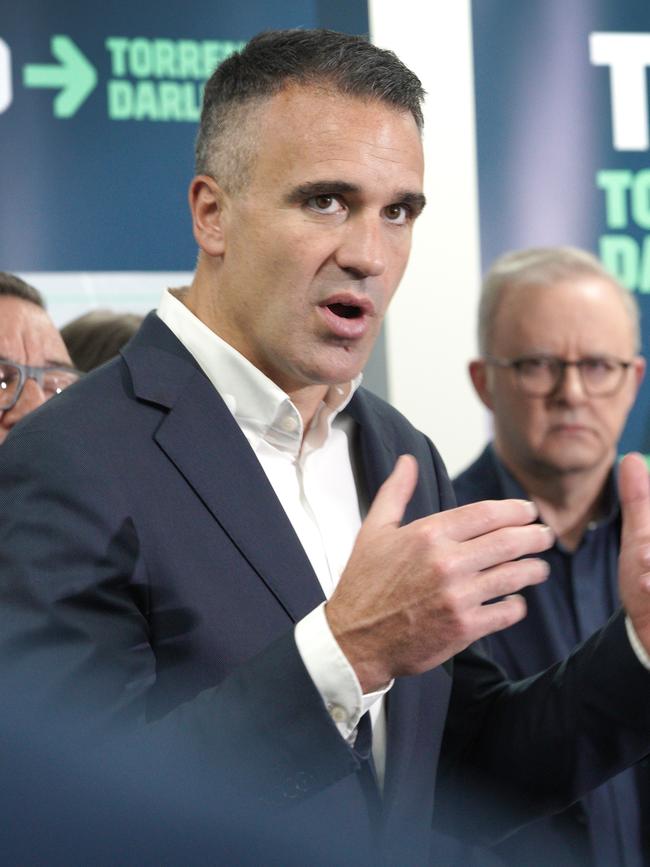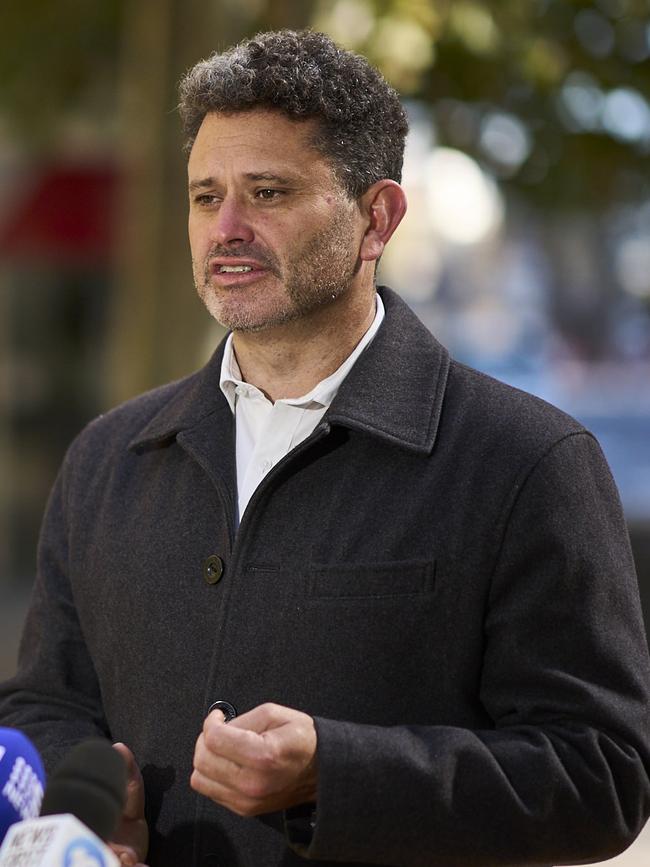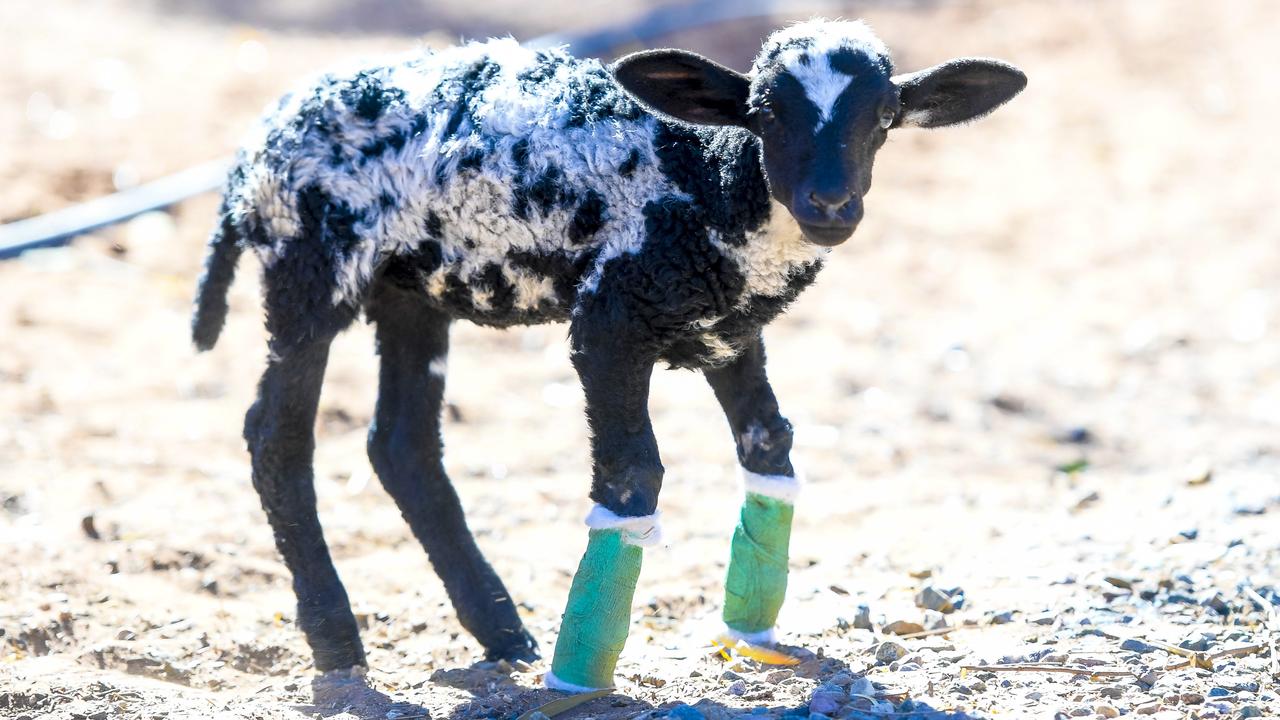SA set to criminalise the creation, sharing of sexually explicit AI deepfakes
Labor says it is critical to fill a gap in the state’s laws amid anger over AI deepfake technology harming girls and women.

SA News
Don't miss out on the headlines from SA News. Followed categories will be added to My News.
The state government will introduce legislation to criminalise the creation and distribution of AI-created sexually explicit deepfakes in SA later this year.
Under the proposed laws, offenders will face up to two years jail time or a $10,000 fine for creating and circulating deepfakes, fake images or videos using AI, which will double if the victims are aged 17 or younger.
Announced on Wednesday, the new legislation will protect members of the community, particularly young people, from being “unnecessary” harm, Premier Peter Malinauskas said.
“The production of deep fakes, particularly of an unsolicited and nonconsensual sexual nature should be a crime.


“Our legislation to criminalise the production and dissemination of deepfakes will protect people, it has the capacity to save lives.
“We need to criminalise to make sure it doesn’t happen and where it does happen, people are punished accordingly, particularly where we see adults abusing this technology for their own perverse purposes.”
With 90 per cent of deepfakes generated being non-consensual sexually explicit images of girls and women, Attorney-General Kyam Maher said it was import that the law keep up with technology.
“There is a gap in our law now that has not kept up with technology that is where an image is wholly artificially created and it looks like an actual person that there may not be an avenue to prosecute at the moment, we want to make sure that’s not the case.
“It’s becoming increasingly common to hear stories of fake images being made of people, particularly young women, and particularly sexually explicit material.
“The statistics are truly frightening. 90% of deep fakes produced are deep fakes that are non consensual, sexually explicit in nature, and 99% of the victims are women and girls.
“We want to make sure that our law is keeping up with technology.”





